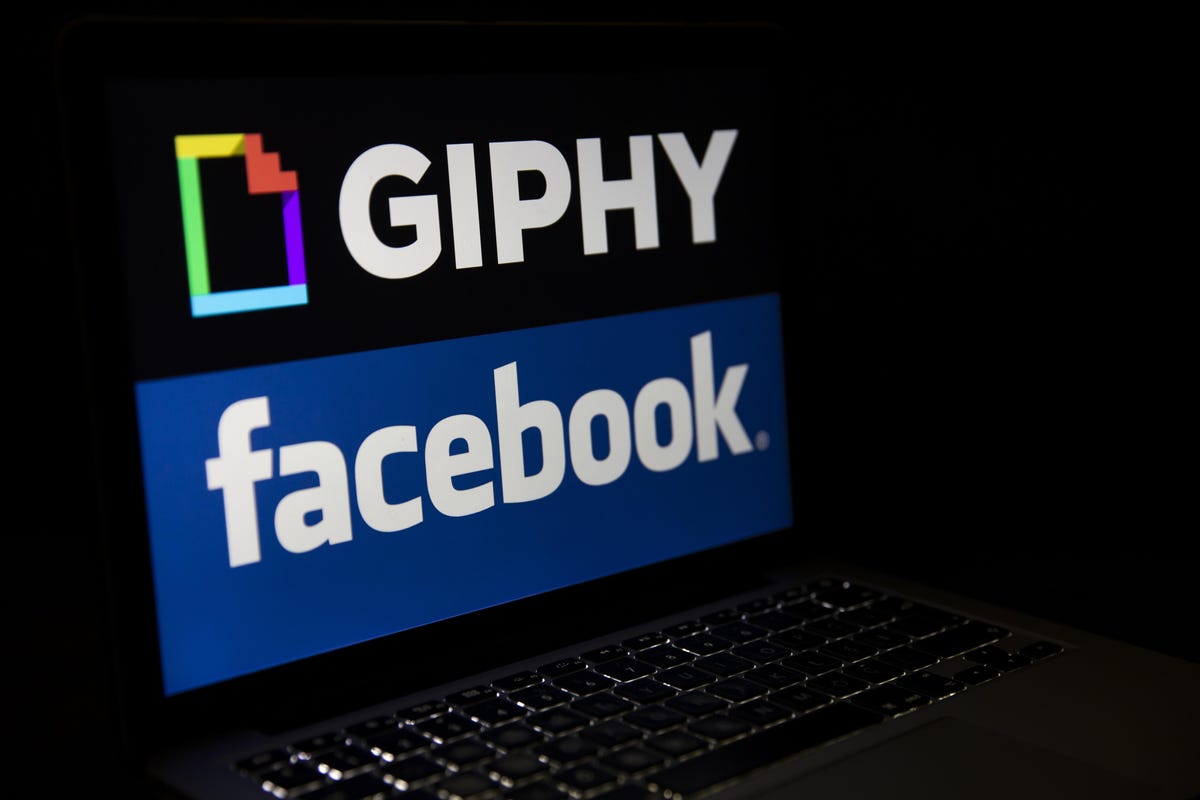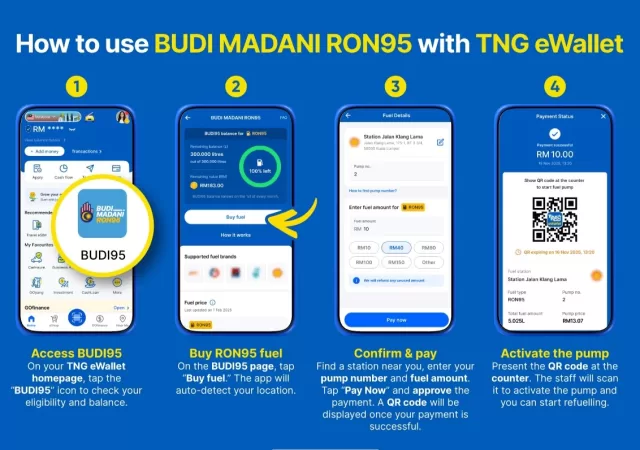Today is a funny world of memes and GIFs. Pronounce ‘GIF’ however you want, but you cannot deny its popularity and its significance in modern communication. It has become a tool to quickly express yourself in certain moments with your friends, and even with the world of social media. You can even create your own GIFs these days with your smartphone or even the web. One of the most popular platforms for virtually unlimited GIFs is Giphy.
If you are not aware, Facebook currently owns Giphy (what else do they not own?). They made a bid of US$ 400 million earlier in 2020 for Giphy and now owns at least a major part of Giphy. Facebook’s acquisition of the popular GIF platform should not come as a surprise though. After all, GIF is now a large part of social media and Facebook has been relentless in their quest to be a one-stop-shop of all things social media. The acquisition of Giphy also allows Facebook to directly access Giphy’s database and develop APIs that would seamlessly integrate Facebook’s platforms to Giphy, which is a big win for WhatsApp users at least.
It seems that not everyone agrees with Facebook’s acquisition of Giphy though. The Competition and Markers Authority (CMA), an anti-competition regulator in the United Kingdom (UK), launched an investigation following the acquisition of Giphy last year. Yes, last year, not this year. They finally came to a finding that was released yesterday though that might be alarming for Facebook.
Their statement (as per The Verge and quoted below) raises concerns over how Giphy is a platform of choice for many of the other social media platforms that are currently not owned by Facebook. CMA argues that Facebook’s acquisition of Giphy might affect that access from other social media platforms; in other words, CMA thinks that Facebook will cut off access to Giphy making it a Facebook exclusive instead of the open platform that it is currently known for. CMA also cited that Facebook could also acquire more user data that was previously not available to it from other social media platforms like Snapchat and Twitter via Giphy. They also argued that Giphy was on its way to building their own ads business model that could be a possible competition to Facebook, and those plans were derailed with Facebook’s acquisition. They will be producing a final report on the issue in October 2021.
“Millions of posts every day on social media sites now include a GIF. Any reduction in the choice or quality of these GIFs could significantly affect how people use these sites and whether or not they switch to a different platform, such as Facebook. As most major social media sites that compete with Facebook use Giphy GIFs, and there is only one other large provider of GIFs – Google’s Tenor – these platforms have very little choice.
The CMA provisionally found that Facebook’s ownership of Giphy could lead it to deny other platforms access to its GIFs. Alternatively, it could change the terms of this access – for example, Facebook could require Giphy customers, such as TikTok, Twitter and Snapchat, to provide more user data in order to access Giphy GIFs. Such actions could increase Facebook’s market power, which is already significant.”
Of course, Facebook did not sit still with the investigation that was launched last year. They have since made a few submissions to CMA claiming that Giphy had “no meaningful audience of its own”. They also claimed that Giphy relies on Facebook for most of its traffic anyway. To be fair too, Giphy has not been posting any profit numbers in its 8-year history, even with some US$ 150 million raised over their course of existence. Since the acquisition too, Giphy’s employees have not been integrated into Facebook and everything has been kept at status quo at the moment.
So far then, it is still business as usual on both ends. That also means that you still can enjoy Giphy on any platform of your choosing, for now. If the deal still goes through though, CMA’s fears could come true, and your source of never-ending GIFs will be exclusive to Facebook apps sooner than later. At the same time, Giphy needs money to keep operating, and in that case, who would keep Giphy funded if Facebook is not allowed to own Giphy?






